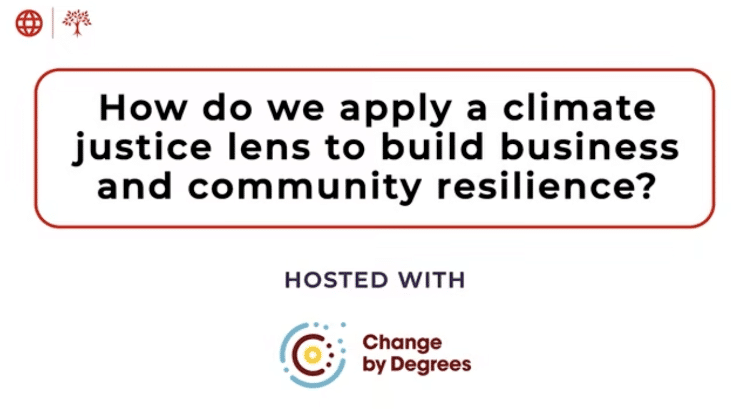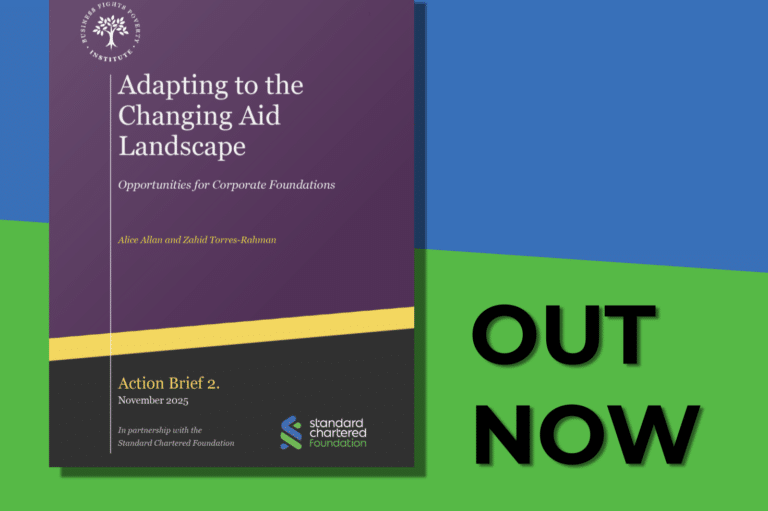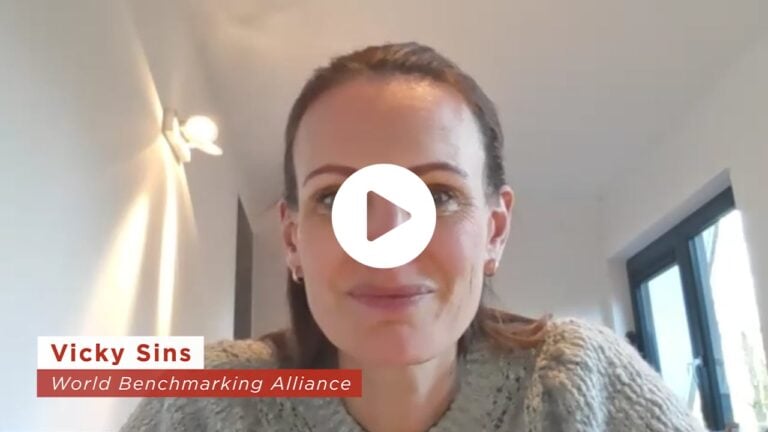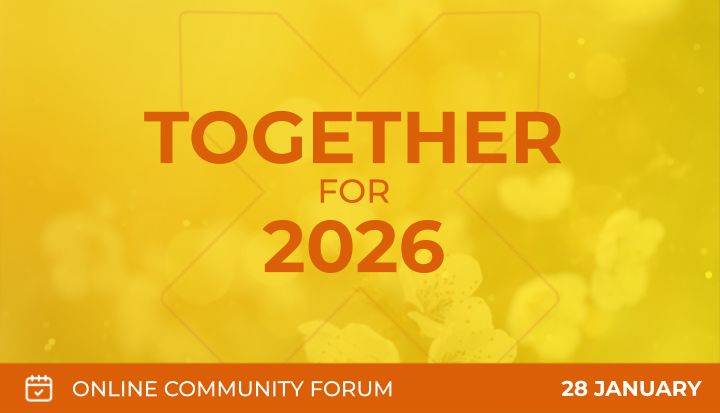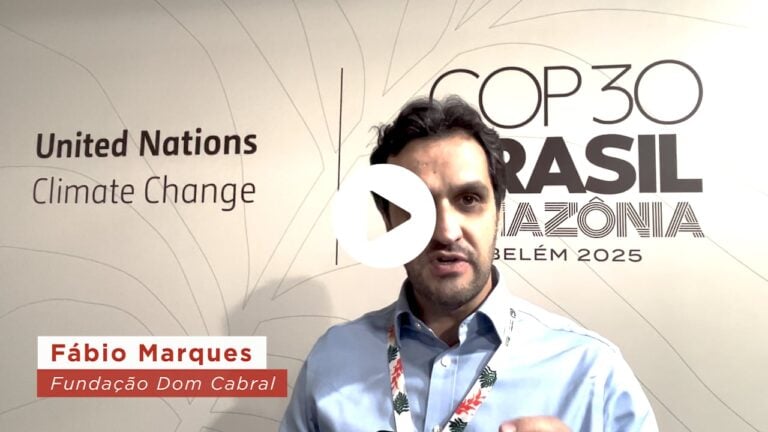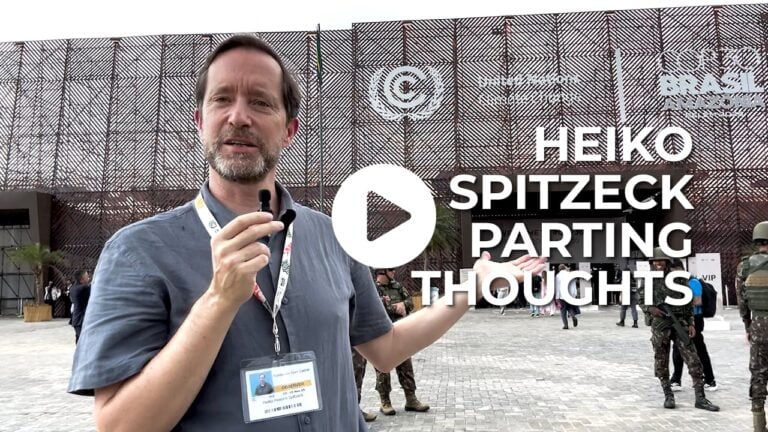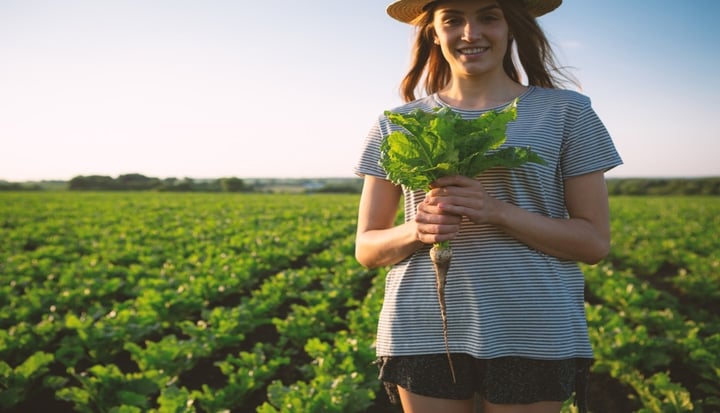Learning zone
Climate Justice
Resource Kits
Explore our issue-based resource kits with downloadable, co-created learning resources. Everything you need to inform your organisation’s social impact strategy and stay ahead of emerging social impact trends.
How Can Businesses Put People at the Heart of Climate Action?
This Resource Kit, supported by Pearson and developed with Change by Degrees, includes practical tools for putting people at the heart of climate action. It applies principles of climate justice to actions companies can take across their core business, philanthropy and policy advocacy.
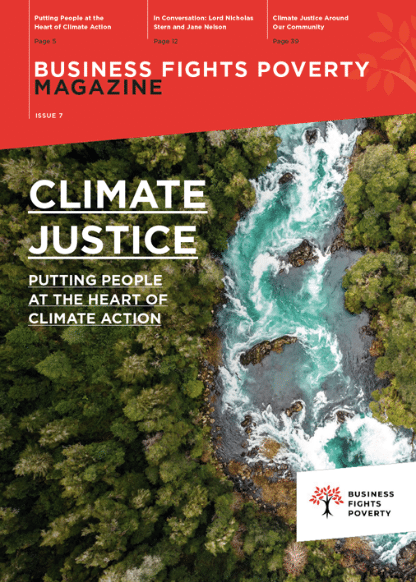
Business case studies and leading edge thinking. An explanation in greater depth as to why putting people at the heart of climate action should now be a business priority: Business Fights Poverty Magazine
Learn from a panel of experts in this live webinar: How do we apply a climate justice lens to build business and community resilience?
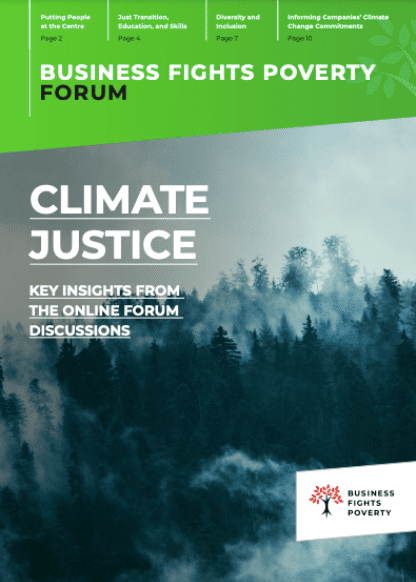
Business practitioner answers to human centred climate action on people’s rights (see p.3-4) and vulnerabilities (see p.8-10): Climate Justice Online Forum Discussions
How can we integrate gender into net zero planning in supply chains?
Supported by
This Resource Kit looks at how businesses can integrate gender equality with climate change initiatives in their supply chains and how this can be critical to achieving net-zero emissions by 2050. Companies can integrate gender through supply chain mapping, incentivising suppliers, and investing in gender-responsive projects to enhance outcomes.

Gender Integration in Carbon Projects
Practical guidance for Voluntary Carbon Market developers to create inclusive projects, improving outcomes for women. Includes steps, resources, and examples. This report is part of the FCDO’s Work and Opportunities for Women Programme.

Women and the Net Zero Economy
A toolkit on how companies can transition to a net-zero economy while economically empowering vulnerable women working in global value chains.

Decarbonisation with a Gender Lens
Guidance for companies on gender considerations they need to keep in mind when planning Scope 3 emissions reductions across their supply chain.
Applying a Gender Lens to Net-Zero
A workshop panel discussion sharing the latest thinking and examples on how applying a gender lens can help drive progress towards net-zero.

Climate and Women in Agriculture
A report looking at the impacts of climate change on women in agricultural supply chains, responses and recommendations for business action.
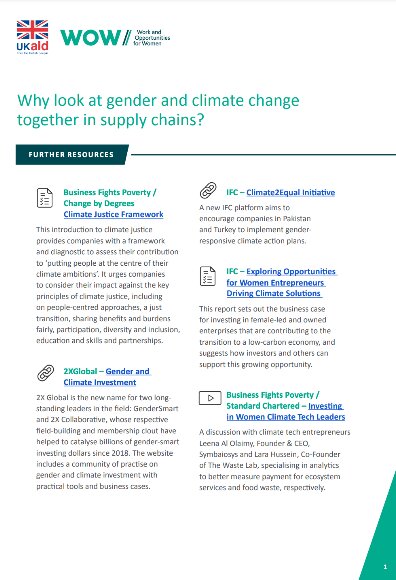
Gender and Climate Change Resources
A list of other resources for integrating gender and climate action in supply chains, including frameworks, case studies, videos and podcasts.
More Climate Resources
Corporate foundations stand at a pivotal moment in global development. As abrupt cuts to government aid flows create life-threatening gaps, this new report explores how corporate foundations can help shape a more financially sustainable approach to tackling poverty and inequality worldwide. Drawing on the latest data, global financing trends and insights from the development community, it highlights the scale of the challenge, rising needs, falling ODA, shrinking FDI and escalating debt, and the profound human impacts these shifts are already causing. With Standard Chartered Foundation and the Business Fights Poverty Institute.
2025
In this COP30 follow-up conversation, Jamie Coates, CEO of Wise Responder, guest professor at Fundação Dom Cabral (FDC), and the Business Fights Poverty representative at COP30, speaks with Vicky Sins from the World Benchmarking Alliance (WBA) about what COP30 revealed for corporate climate accountability. Vicky believes that we must move beyond big promises. Companies need credible, integrated transition plans backed by investments, with people and nature at the centre. Part of the Business Fights Poverty Climate Series 2025.
At the start of every year, the Business Fights Poverty community comes together to explore how we can collectively navigate the opportunities and challenges of the year ahead. This online event is a unique opportunity to connect, share insights, and collaborate on key trends and strategies to deepen partnerships for impact.
Extreme heat is the deadliest US climate threat, costing thousands of lives and hundreds of billions of dollars annually. A new white paper, Heat Resilience: An Opportunity for Cross-Sector Action in the United States, outlines a shared agenda, sector guidance, and policy and finance levers to drive coordinated, community-centered resilience across business, government and healthcare.
As COP30 draws to a close in Belém, Heiko Spitzeck, Director, Sustainability Research Center, Fundação Dom Cabral, shares a personal reflection highlighting both the urgency and the hope emerging from a week of negotiations, side events and on-the-ground solutions. Part of the Business Fights Poverty Climate Series 2025.
As world leaders endorse the Belém Declaration on people-centred climate action, one truth is clear: farmer resilience must move from rhetoric to investment. This article explores why smallholder farmers receive less than 1% of climate finance, and how local agricultural enterprises offer the fastest, most scalable route to climate-resilient supply chains and global food security.
This live panel discussion brought together global experts, practitioners, and peers to discuss cross-sector collaboration and people-centred solutions for climate action, highlighting the importance of sustainable business practices, community engagement, and innovative partnerships. Panellists shared actionable strategies for integrating social and environmental impact into business KPIs and fostering long-term, inclusive progress. Panel: Carolina Zuluaga, Manager, Research and Knowledge, Center for Inclusive Growth, Mastercard Marlena Babicka, Head of Sustainability and ESG, Avon Monique Ntumngia, Senior Project & Portfolio Lead, Green Girls Organisation Heiko Spitzeck, Director, Sustainability Research Center, Fundação Dom Cabral Jamie Coats, Visiting Professor, Fundação Dom Cabral and CEO Wise Responder Moderator: Katie Hyson, Director, Thought Leadership, Business Fights Poverty We’d also like to thank the following members of our community for opening the Table Discussions during the breakouts: Casey Harrison, CSO, Nuru International Laura Hawkesford, Co-Director, The Partnership Collective Wangiwe Joanna Kambuzi, Managing Director, Emerge Livelihoods Ekanath Khatiwada, Development Professional, Global Expert Network Member, Business Fights Poverty Jennifer Owens, CMO, Jennworks Steph Shankland, Economist, Global Expert Network Member, Business Fights Poverty Martina Swart, Independent NED and Global Expert Network Member, Business Fights Poverty Part of the Business Fights Poverty Climate Series 2025.


